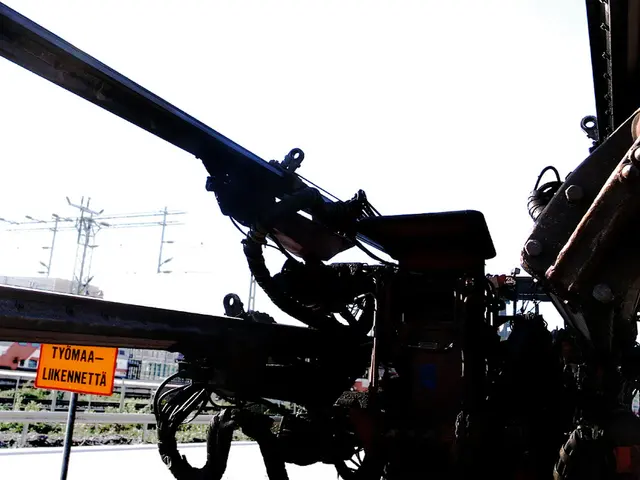Space Safety Portal Gets Major Upgrade for Enhanced Collision Avoidance
The Space Data Association (SDA) is set to enhance its global space traffic coordination platform, the Space Safety Portal (SSP), with a significant upgrade. This move comes as the current service manager, ComSpOC, is being replaced through a competitive bidding process. The upgrade, led by Spanish space technology company GMV, aims to improve the platform's capabilities and ensure effective collision avoidance, especially with the U.S. Traffic Coordination System for Space (TraCSS) facing budget cuts.
The SSP, established in 2009, currently processes data from over 700 satellites, nearly half of all active spacecraft in geostationary orbit. The upgrade, scheduled for early 2026, will introduce several new features. These include synthetic covariance generation, which will enhance the platform's ability to track and predict satellite movements. Additionally, the upgrade will focus on mitigating the risks posed by non-cooperative operators and improving the platform's open architecture for seamless data integration. Enhanced cybersecurity measures will also be implemented to protect the platform and its users.
The SDA, acting as a data coordinator and innovation hub, will continue to fuse information from all SSA providers. This unified approach to space traffic coordination ensures that all operators have access to the data they need to avoid collisions and maintain safe operations in orbit. The SDA's low-barrier entry point, requiring operators to pay for membership and share key data, has proven effective in encouraging participation and improving the overall safety of space operations.
The upgrade of the Space Safety Portal, led by GMV, will significantly enhance the global space traffic coordination platform. With improved capabilities, including synthetic covariance generation and enhanced cybersecurity, the SSP will be better equipped to handle the increasing number of satellites in orbit and the challenges posed by non-cooperative operators. This upgrade is particularly important as the U.S. Traffic Coordination System for Space (TraCSS) faces budget cuts, highlighting the need for effective collision avoidance measures.
Read also:
- Boston Metal pioneers route to commercial production for eco-friendly steel method
- United States Secures $632 Million to Fuel Electric Vehicle Revolution
- Clean energy companies HyFlux and AMRC secure financing from ATI for game-changing advancements in aeroplane cooling systems linked to clean aviation.
- DKSH Upgrades Distribution Operations Through Significant Technological Renovation








